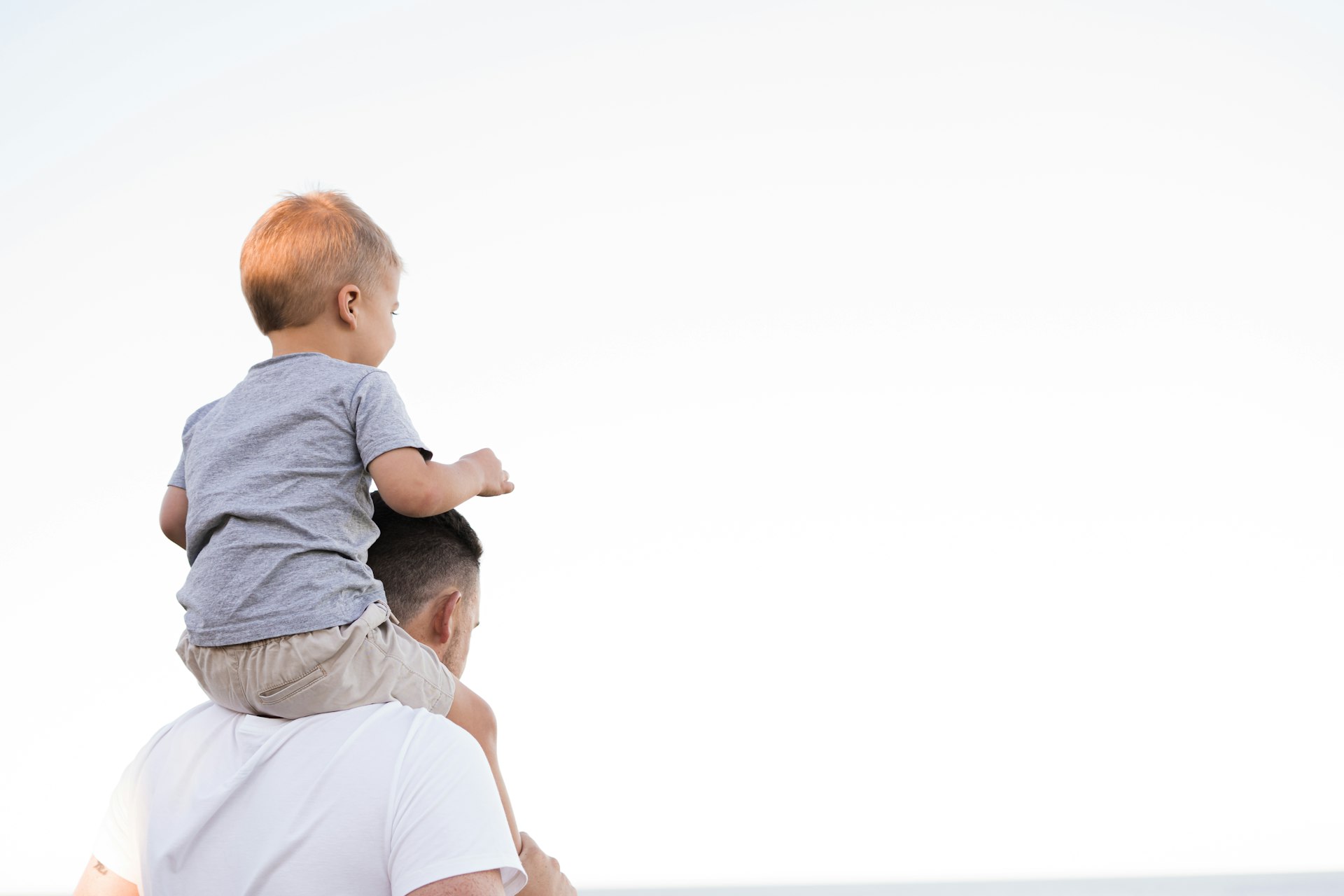Unconditional Parenting — Book Review #1

Welcome to my new series on books.
I like to read books and figured out why don't I reinforce what I learn by writing about it.
So here it is.
The first book I would like to review is called Unconditional Parenting.
You can check the book on Amazon here.

This is strictly my review of the book, if you want a book summary then feel free to check out this article.
Why did I pick up this book?
Anyways, let's first tackle the "why".
Why, a 22-year-old, would read a book about parenting.
Am I planning to have kids any time soon?
No.
So why?
I don't think I fully know but I guess it all started when a lot of my friends started to settle down and have kids.
I would hang out with them and the conversation would naturally go to parenting.
Another reason is that this book was recommended by one of my favourite YouTubers Ali Abdaal.
What this book is about?
Well, it's in the title.
It talks bout parenting.
But, not any kind of parenting but unconditional parenting.
Now comes the other question?
What is unconditional parenting?
It's when you love your kids with no strings attached.
You love your kids for who they are instead of what they do.
To be honest, this was a very big shock for me. I was raised in a half Kazakh/Arab household that didn't show this "kind" love much.
PS. I'm not trying to bash my parents or anything. I love them and I'm sure that they love me but they didn't always show it. I guess this might be a cultural thing.
The Structure
The book has 10 chapters, all talking about the different aspects of parenting.
The first 5 chapters cover the failure of conditional parenting and advocate for the use of the "unconditional" method.
Chapter 6 covers why is unconditional parenting hard and how to overcome it.
Chapter 7 to 10 covers the principles of unconditional parenting and it's practical applications.
Lessons Learned
This book taught me more about myself than about parenting actually.
Here's what I learned.
Show your love
I've started to realise that I do a lot of stuff due to my upbringing, both negative and positive stuff.
The most important thing I've learned from this book is that as a parent, it does not matter what you think. What matters is what the child perceives
For example, coming to my life. I remember being hit for mischievous things that I did. My parents did this as a form of discipline and they felt like it was the right thing to do. But as a child, I didn't understand this and held resentment against my parents. It took me many years to understand this and make peace with my parents.
So the main point is that, if you love your kids, then show it and normalize it.
Think long term
The second lesson I learned is that some battles are not worth fighting over.
The book says a big part of parenting is to avoid battles with kids as much as possible because you will always lose.
You may "win" and make your kids do what you want but long term it does not work out.
Independence
A lot of times when people praise kids, they praise them for their obedience or silence. I don't think this is how it's supposed to be.
A child that constantly relies on their parents for instruction will lead a very hard life later on. I'm sure you heard the stories of some children being very "good" growing up but when they leave their parent's confines they get ruined.
This is because when the child lived with their parents, he listened to them but when he's out he's not listening to his parents but to his peers who may not want his benefit.
Safe Space
Parents should be the safe space for their kids.
The child should be comfortable talking about whatever subject with their parents.
I remember myself growing up and hiding a lot of stuff from my parents because I thought they would ridicule, judge or punish me.
It happens to this day but it's more white lies. I don't tell my parents anything bad to not make them worry.
Conclusion
This was a short but difficult article to write.
In conclusion, the best way to sum up this book for me is:
I started because I wanted to learn how to parent, I ended with knowing a lot more about myself.
Thanks for reading.
No spam, no sharing to third party. Only you and me.

Member discussion